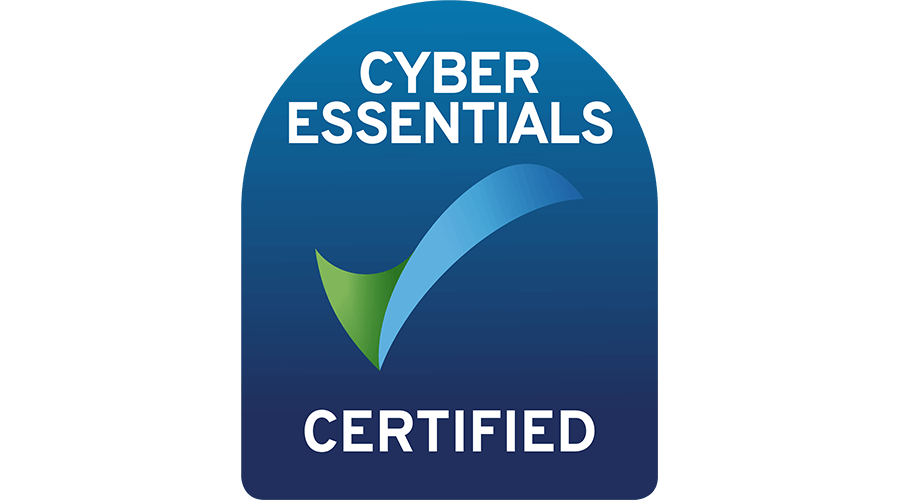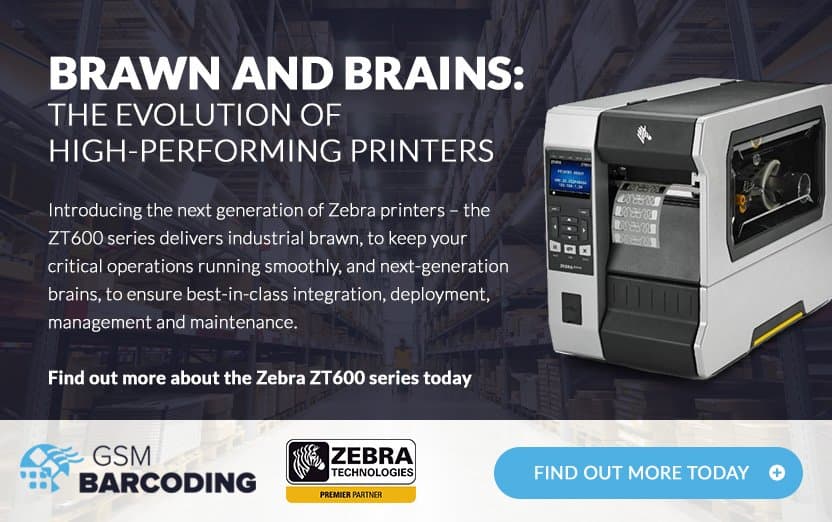With technology developing at a rapid pace and an increased focus on automation and the Internet of Things (IoT), Artificial Intelligence (AI) has a growing role in the supply chain, one that has opened up a new world of possibilities. While some still raise concerns over whether AI can gain a mind of its own, the truth is that AI can help a business – and the supply chain – tremendously.
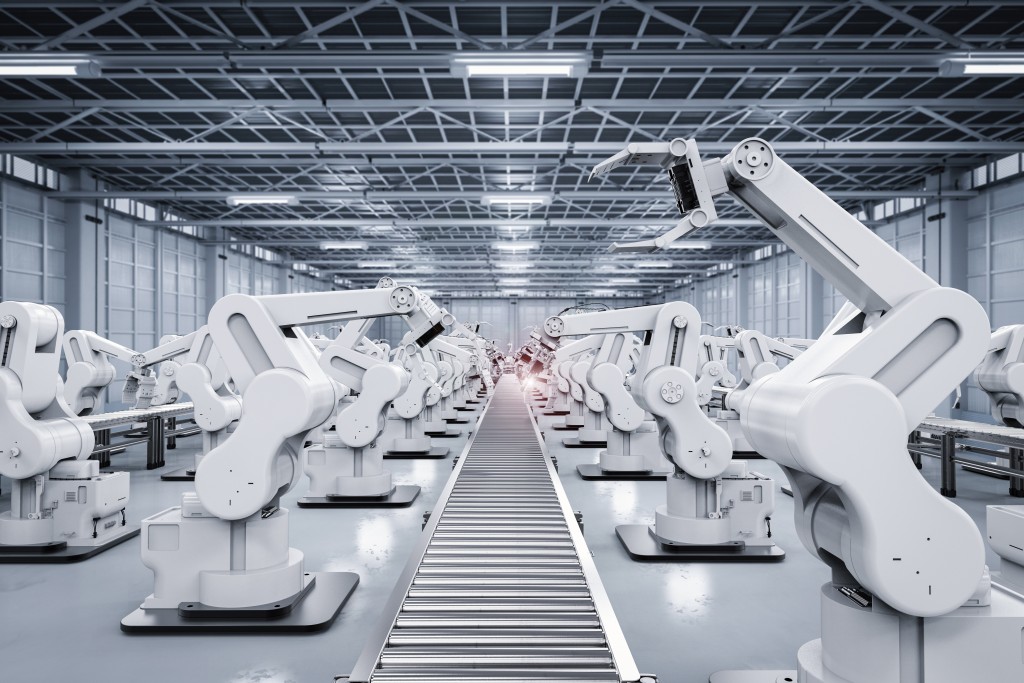
Artificial Intelligence in Businesses
In 2016, there were around 1.1 million working robots in the workplace, spread across several industries – just in the automotive industry, for instance, 80% of the work was done by robots. Automation and AI, then, are becoming increasingly more ‘commonplace’.
Accenture, provider of strategy, consulting, digital, technology and operations services, released a report in 2016 titled Why Artificial Intelligence is the Future of Growth. In this report, the organisation found that adoption of AI across all industries is likely to double economic growth rate by 2035.
Workers’ productivity is set to increase by 40%, with 70% of executives planning to significantly increase their investment in AI. More and more organisations are investing in Artificial Intelligence, so how is this phenomenon changing the supply chain and the way companies conduct business?
Siemens, An Example of AI
According to Manish Chandra, Managing Director of Accenture, “the use of AI in supply chains is helping businesses innovate rapidly by reducing the time to market and evolve by establishing an agile supply chain capable of foreseeing and dealing with uncertainties.”
Siemens has adopted AI in manufacturing and supply chain automation, completely changing the way it works. This means that some of the production lines of their factory work unsupervised for several weeks at a time, as the process has become automated.
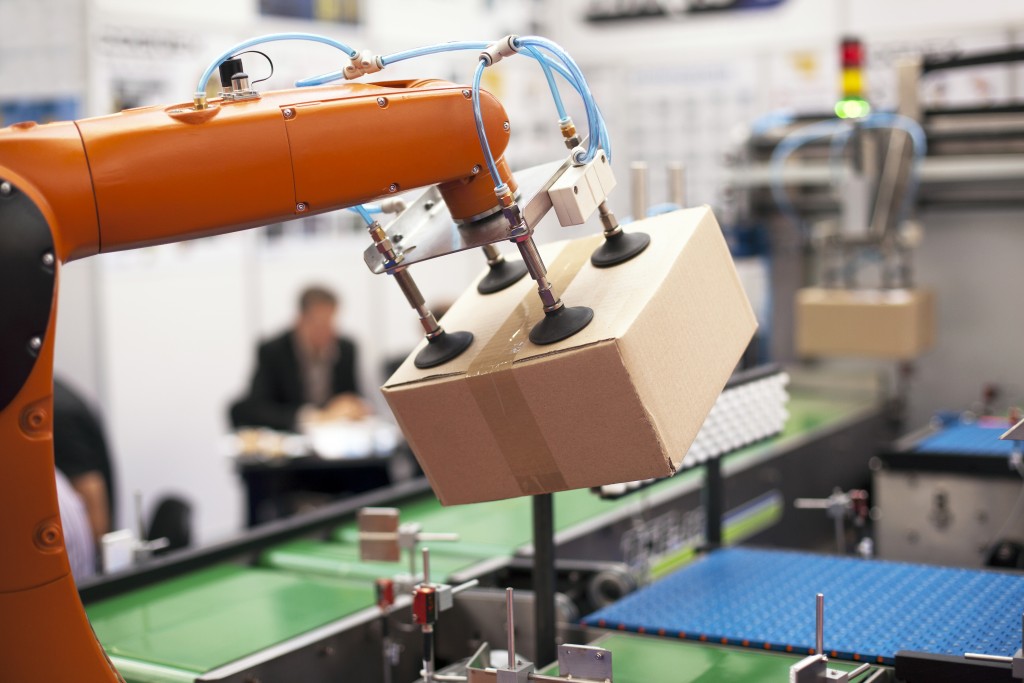
AI in the Supply Chain
Jeff Bezos, Amazon’s CEO, believes that training data is the most important aspect to AI advancements. This refers to contextual awareness combined with the idea that technology is able to sense and respond – the result is an AI capable of understanding cause and effect and acting appropriately.
There are 2.5 quintillion bytes of data being created every single day, information that can help AI form decisions and act. According to the World Economic Forum, 1 trillion sensors will be connected to the internet by 2022, which will release a massive amount of information that will need to be sorted.
AI helps the supply chain to organise these huge amounts of data it receives on a daily basis. In fact, both AI and the IoT are already helping the analysis of the information and improving supply chain transparency, creating higher quality products, fast-tracking time to market, and developing new products.
Artificial Intelligence also helps businesses to obtain a deeper understanding of the variables in the supply chain and to prepare for the future. It helps them to innovate by streamlining operations as well, as AI reduces the time needed for a certain task and makes the manufacturing process more agile from top to bottom.
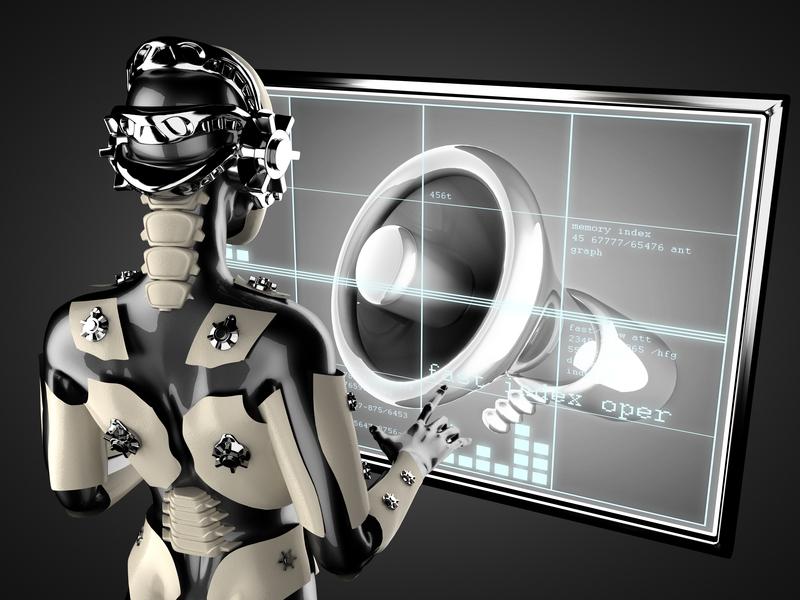
Concerns with AI
Many people, justifiably, are concerned about the idea of a supply chain with only AI and without humans, as it could signify unemployment and the dangers of it becoming difficult to control. However, algorithms can do a lot, such as production planning, but they can’t do it all. Humans are still needed in the process. Siemens employs 1,150 workers that support the AI in their plant, a clear indication that people will still be needed.
At GSM Barcoding, we believe the future is already here, so we strive to provide the best technological solutions to help improve the supply chain and, of course, your business. From stock control to barcode label printing, our many services are suited for a wide range of industries, so just contact us to learn more about how we can help you to streamline and improve your business.















